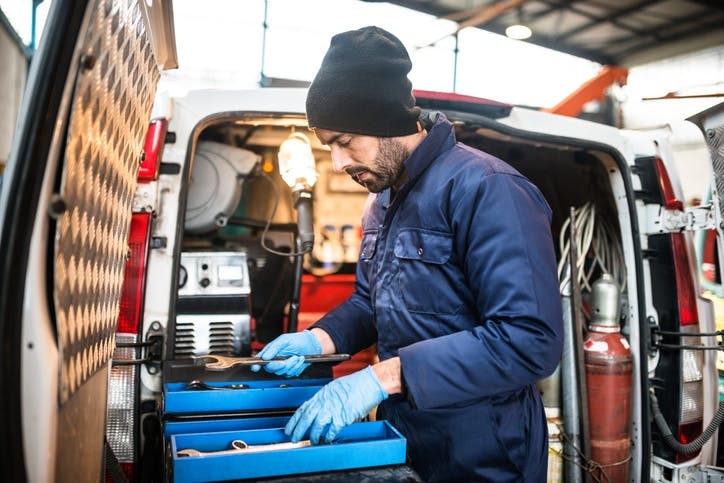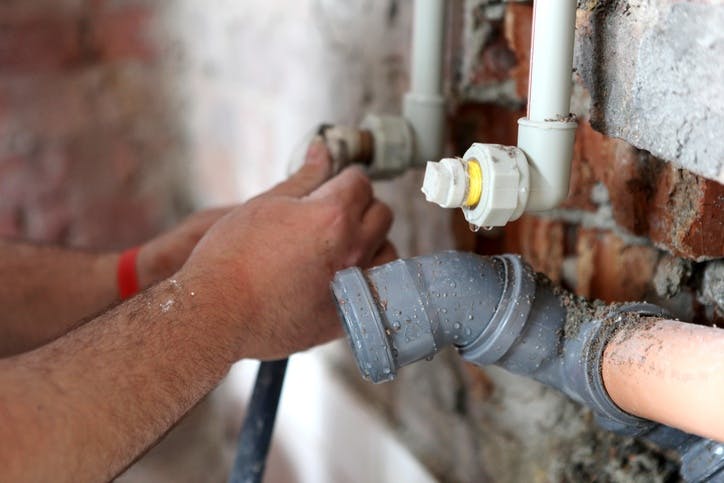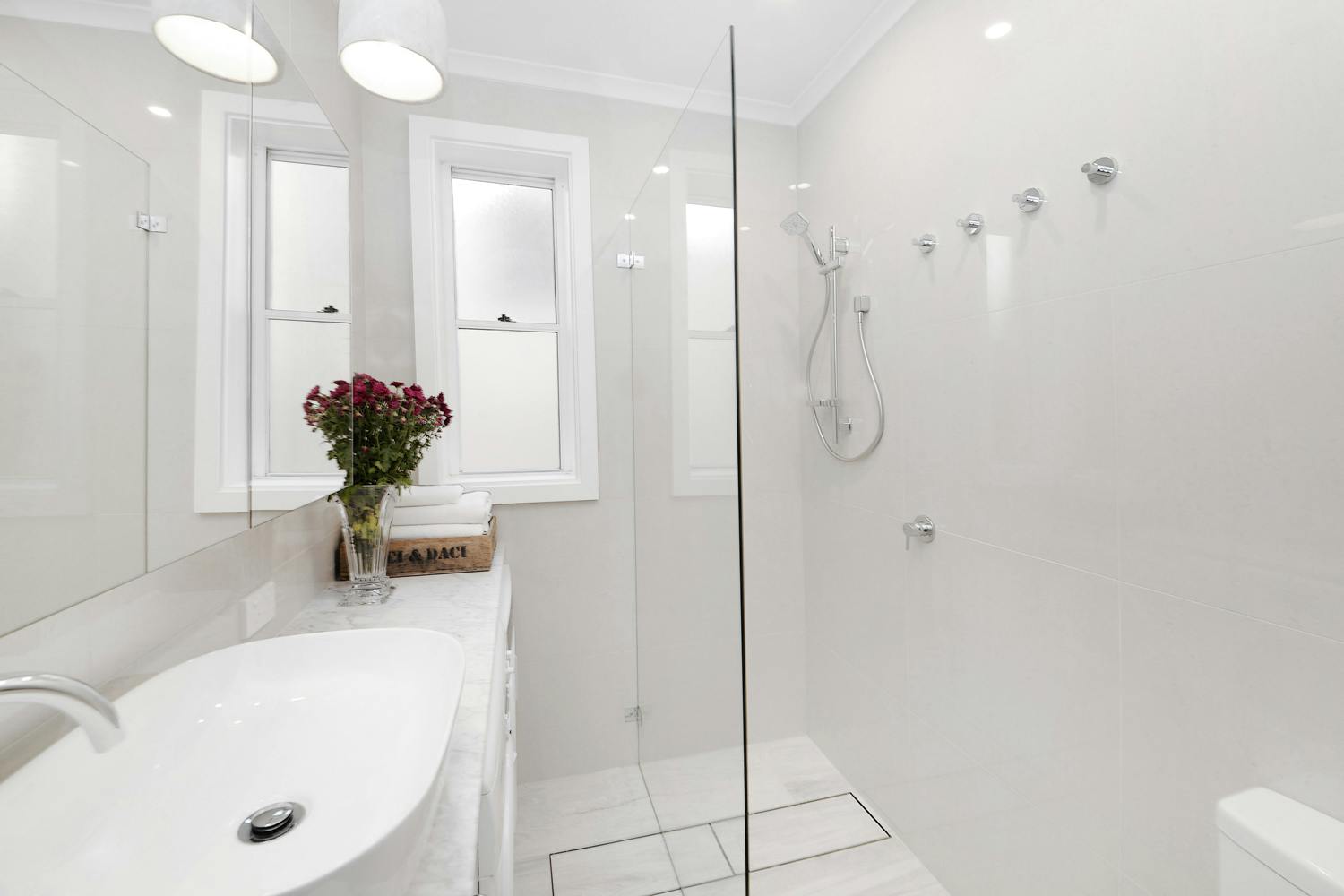1. Are you licensed?
Question 1 is the most important as it is actually a legal issue. Like any tradie your plumber needs to be licensed in the state they are registered to operate. Not only must they hold a licence, it needs to be valid and current. It also needs to cover the work they are carrying out. Some plumbing jobs – like roof plumbing – could be covered by a separate licence in your state. Having a licence means whoever you hire has the necessary training and qualifications to carry out plumbing work.
2. What experience do you have?
It may seem too good to be true if you get a really competitive quote from a plumber, only to discover that he has never worked on your type of project before. The trick is to ask them beforehand, and confirm they have experience for your job. Most general plumbing jobs any plumber should be able to handle with no problem, but some – like laying drains – are more specialised and not all plumbers may do them. Generally speaking the more experience a plumber has the better job they will do, especially with more involved or tricky jobs.

3. Do you have references?
’R’ is for references, but it is also for reputation. Checking to see how comfortable a tradie is with their reputation is a great way of checking on their workmanship. Simply ask them to give you the numbers of a few recent clients, and you can call them – or check their hipages profile to see what type of feedback people are giving them. A business with no customer feedback should also be questioned – and could be a warning sign, or equally they could be a new business who haven’t had a chance to collect any.
4. Does your quote include everything?
Want to avoid getting stung by additional costs after your job is done? Then make sure you get a detailed written quote that includes everything, and confirm this with the tradie. This is especially critical for larger jobs like a building project where there is a fair amount of your precious cash involved. A written quote offers you some protection and avoids any – ‘I told you so’ – from a conversation or phone call. The quote also needs to be detailed and list exactly what is included in the job – like labour and materials. Take the time to read it through and work out if they have left anything out. A business will normally indicate how long a quote is valid for – so look out for this deadline as well.

5. How much do you charge?
Cost and price are important factors when deciding to hire a tradie, but beware of being too price focused. Why? That rock bottom quote could be the way a shonky tradie gets your attention and your business. That is not to say that a cheaper quote is going to get you worse workmanship – but do be aware of a significantly lower quote when compared to two or three others. Here again the devil is in the detail – ask the tradie how they can undercut the others on price. There could be a few reasons, including using cheaper materials or cutting corners by hiring cheaper subcontractors.
6. Are you insured to work in my home?
It’s not just licensing to need to check when hiring a plumber, insurance is also key when anyone is working on your home or premises. The most important one to look for is public liability insurance which protects the tradie in the event they cause property damage or injury while working at a job site. Without public liability insurance, they may not be able to pay for the damage, replacement or repair. Where does that leave you? You could be left liable to footing all the costs or having to pay legal fees to recover the money.

7. Do we need to sign a contract?
Depending on where you live, larger projects over a certain value require you sign a contract with a tradie or business. This sets out the work to be undertaken, timeframes, price, responsibilities and payment schedules. In NSW for example, jobs valued over $5,000 require a contract, while NSW Fair Trading recommends having a written agreement for smaller jobs.
At the end of the day being informed will protect you, and the best way of doing this is by asking plenty of questions, getting recommendations and using a reputable site such as hipages to source your tradies.






